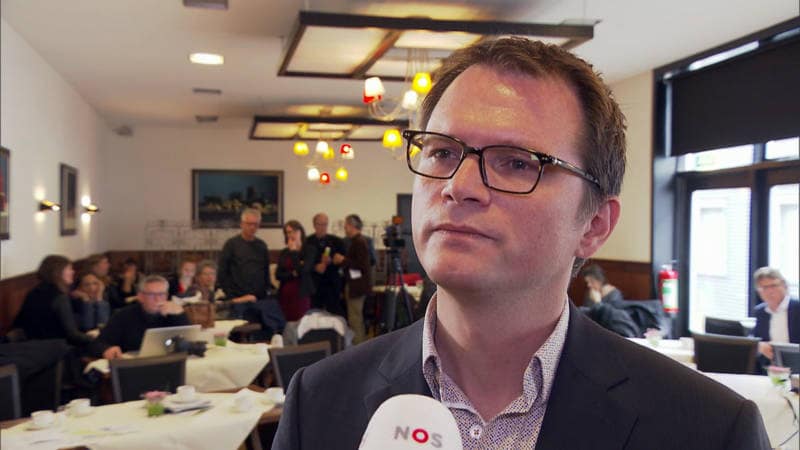Facing stress from daily adversities? The research presented in this blog post supports the idea that listening to music can significantly reduce physiological and psychological stress responses, making it a powerful tool for harmonizing your stress response.
What can the beautiful yellow tree in the Hortus garden by the Heymans building teach us about hope, well-being, and adversity? Tomorrow, Babet Kanis defends her dissertation on the role of hope in the context of Groningen earthquakes.
Last year I wrote a blog post on Blue Monday, an international day which serves to raise awareness for depression. This year, Blue Monday was on January 15. The week before, on January 9, the Dutch Ministry of Public Health started a national campaign with the aim of making it easier to talk about depression, […]
In this piece, prof. dr. Tom Postmes offers his opinion on the safety policy in Groningen. He concludes that in his attempt to prevent a paper-and-pencil disaster, the Minister of Economic Affairs and Climate ignores an existing disaster.
Drawing on his experiences of working with refugees during the 2015 refugee crisis Joel Fischer argues that a practical intervention based on the resilience approach is essential for creating a sustainable society. This approach takes factors such as the individual level and the family level into account and allows for respective interventions.
Neuroticism is often depicted as an extremely undesirable personality trait, having been associated with all sorts of problems. This post shines a brighter light on being a neurotic, with benefits including enhanced evolutionary fitness, more positive health behaviors, and greater academic as well as vocational success.
Auditory stimuli, such as voices or sound logos in radio advertisements, can have persuasive effects. In addition, technological advancements create possibilities for using auditory forms of communication, also in the domain of health. This post discusses the differential effects of listening instead of reading on persuasion.







